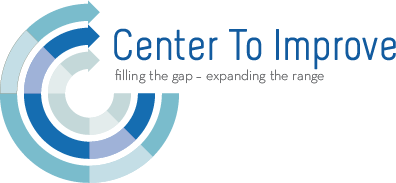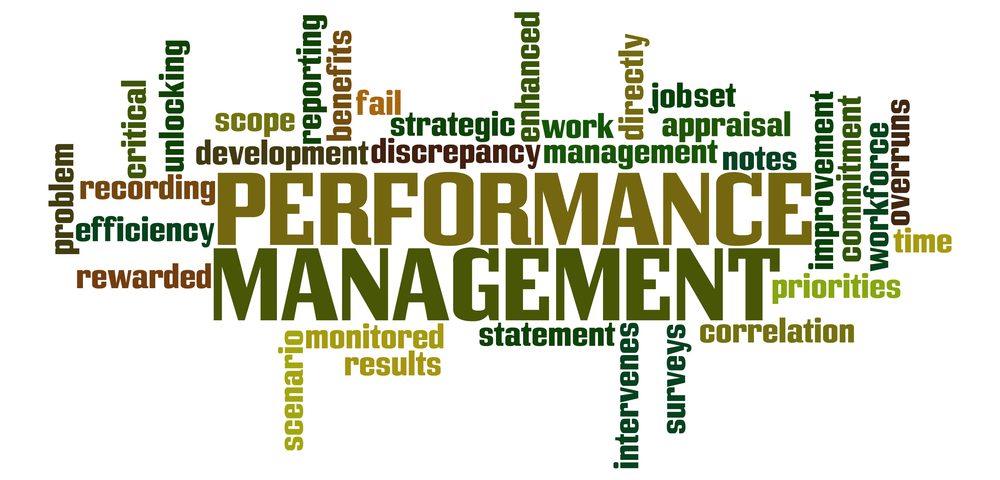Interview with Björn Kjellman:
What might serve your team and yourself best as a leader is adapting CTI’s first cornerstone ”People are naturally creative, resourceful, and whole”. When challenged in the right way people will tell you what’s possible, explains HR Strategist and Process Manager, Björn Kjellman, certified Co-Active Coach at the Swedish Armed Forces.
In most high-performance companies there is a tendency to focus on well-defined procedures and practicing tasks in x ‘proper way’. To ensure certain results, people are told which steps to take and how they should do it. But in order for this to work well, organizations depend on the right information and the right decisions at the right time. And here it’s key to involve people within the process – rather than having a manager decide top-down.
According to Björn Kjellman, coaching has changed his whole approach to leadership and performance processes. By applying coaching techniques he has transformed his role from strategist into a consultative process manager – supporting leaders in the organization. And in order to do this successfully, he points to three essential shifts:
 1. Involve and lead with powerful questions
1. Involve and lead with powerful questions
Needless to say, involving people has a big value in itself. However, striving to actually work together in finding the best way is stepping it up. As a manager you want to lead, not decide or define. This is where powerful questions play a vital part. It’s about challenging the people involved by asking the right questions. Using coaching techniques effectively gets you access to the real matter.
2. Focus on fulfillment rather than tasks and fast solutions
As for any type of work place goes: People need personal development, if not they will leave. Be aware of what truly fulfills them professionally, and give them room and space to work with integrity. True involvement does not just focus on tasks and ask for fast answers, it implies involvement that goes deeper and opens up for the big agenda. You want to solve real issues. Not jump to easy, quick solutions.
3. Offer a framework instead of manuscripts
Best practices matter. Certain routines or rules are there for a reason. But when it comes to optimizing and finding new best ways, you want to approach your teams with a framework rather than guides or manuscripts. Define objectives, bring it to the table, and initiate the process simply by asking questions. When you approach people “as naturally creative, resourceful and whole”, they do get creative and tell you what’s possible. This is your key to finding the best solutions – and this coaching approach serves both your team and yourself well.
Developing effective coaching skills has had a bonus effect on a personal note, adds Björn Kjellman:
“Would I recommend CTI’s Coaching Course? Absolutely. This is for anyone who seeks personal development and to expand his/her impact. It’s an opportunity to learn to lead yourself and others at a whole different level. You identify the driving forces and achieve higher commitment to the tasks you go for. Additionally, you get a more accurate compass that guides you towards what’s right for you. The skills you learn as a coach will be more effective, since you tend to be more on purpose and true to yourself – and allow the right things to happen and take up your time.”
Katja Moeller is Marketing mentor & Business booster, CEO & Founder at Extraordinaria with Katja Moeller.





